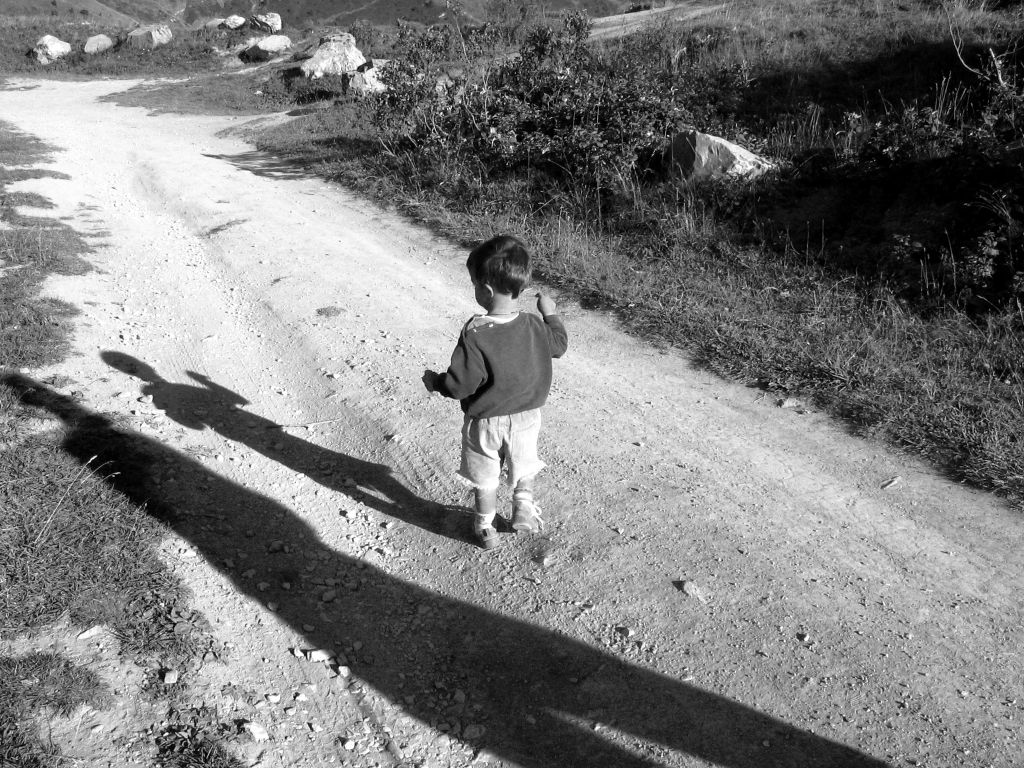Over the past week, several media outlets reported that Assistant Chief Immigration Judge (ACIJ) Jack Weil claimed that he could teach immigration law to three- and four-year-old children such that the children could represent themselves in immigration court. Now, Attorney General Loretta Lynch claims that the U.S. Department of Justice is “looking at various ways to get legal counsel appointed in every situation” for children in immigration court, but the agency, which Attorney General Lynch leads, continues to fight a lawsuit that would require that all such children receive legal representation.
When ACIJ Weil made his outlandish statements, at a deposition in October 2015, he should have been the immigration judge best placed to ensure that court procedures are fair for children – he reported that he was in charge of training other judges and “vulnerable populations.” Nonetheless, he repeatedly claimed that he could – and, indeed, had – taught immigration law to toddlers: “I’ve taught immigration law literally to three year olds and four year olds,” he stated under oath. “It takes a lot of time. It takes a lot of patience. They get it. It’s not the most efficient, but it can be done.” He reaffirmed his position several times, stating, for example, “I’ve told you I have trained three year olds and four year olds in immigration law. You can do a fair hearing. It’s going to take you a lot of time.” ACIJ Weil now claims that his statements were taken “out of context,” but they were in response to clear questions about whether some children were too young to understand court procedures or to receive a fair hearing without an attorney, regardless of other safeguards utilized by the immigration courts.
Since the flurry of news coverage, the Executive Office for Immigration Review (EOIR, the agency with the Department of Justice that houses the immigration courts) has attempted to distance itself from the deposition testimony. A spokesperson claimed that the statements were made in ACIJ Weil’s personal capacity and therefore may not “necessarily” reflect the agency’s views. Yet Weil was hand-selected by the Department of Justice to speak for the agency in what’s known as a 30(b)(6) deposition – a discovery technique that requires an institution to select someone to provide out-of-court testimony on its behalf about certain topics, which in this case included the safeguards that the government uses to protect children appearing in immigration court. The deposition was part of F.L.B. v. Lynch (formerly J.E.F.M. v. Holder), an ongoing lawsuit seeking recognition of a right to appointed counsel for children in immigration proceedings brought by the American Civil Liberties Union, American Immigration Council, Northwest Immigrant Rights Project, Public Counsel, and K&L Gates LLP.
Today, during a Judiciary Committee oversight hearing, Senator Patrick Leahy questioned the Attorney General about ACIJ Weil’s comments. AG Lynch shared Senator Leahy’s “puzzlement” about the comments and agreed that the Department of Justice should work to ensure that children are represented in immigration court. But she and her agency, both defendants in F.L.B. v. Lynch, continue to fight the lawsuit. Within the past month, her attorneys have relied generally upon ACIJ Weil’s deposition testimony as evidence that “immigration judges make use of available resources to provide pro bono counsel or alternative measures to protect the minors’ interests.”
Outrageous though they may be, ACIJ Weil’s statements about his teaching abilities are not the real problem. Far more troubling is the continued practice of forcing thousands of children – whether three or seventeen years old – to defend themselves in immigration court. Attorney General Lynch and her colleagues could change their policies and ensure that children receive fair hearings – but so far they have chosen not to do so.
FILED UNDER: featured, Judge Jack Weil, Three Year Olds In Court


